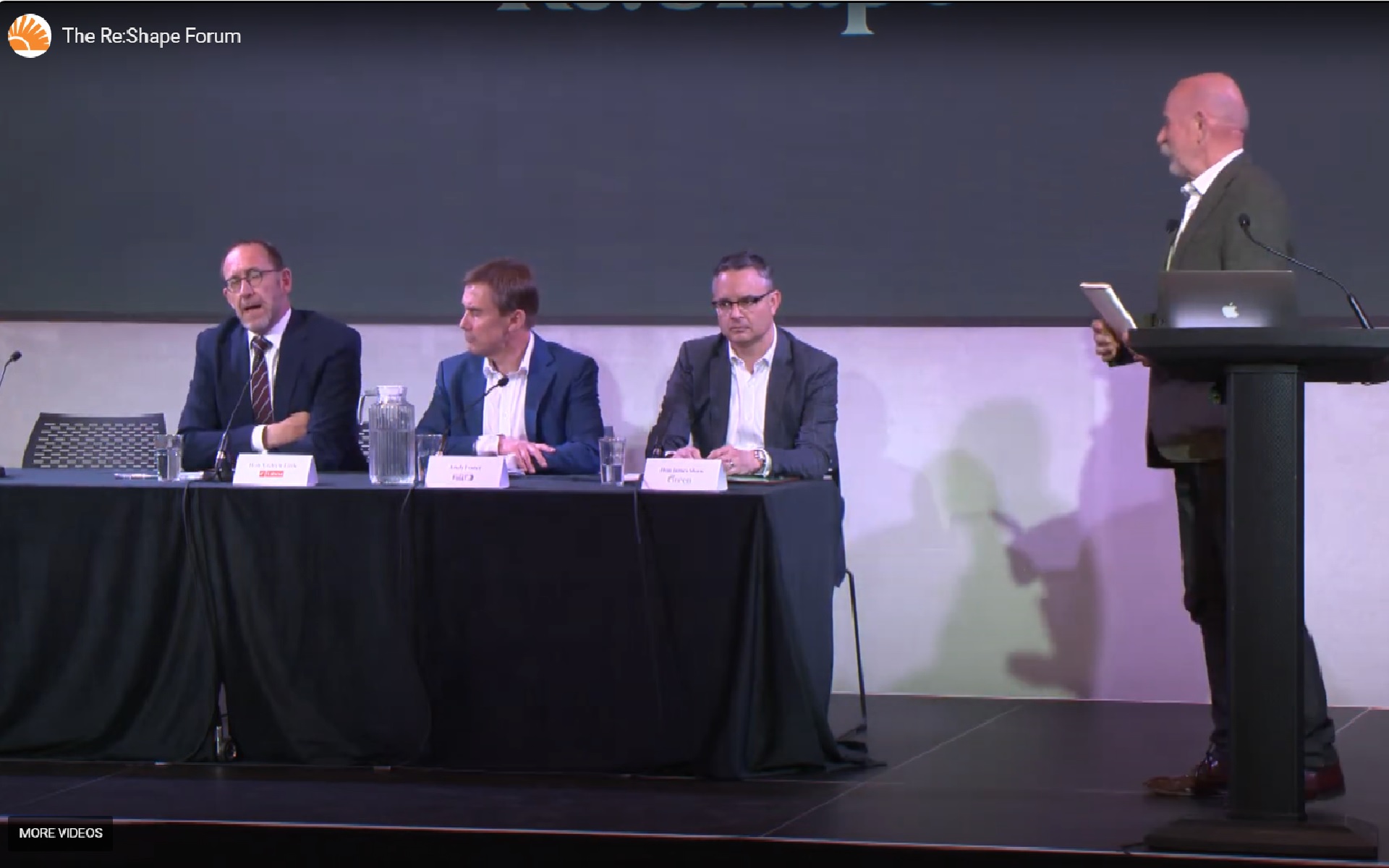A group calling for a national conversation around democracy and the machinations of government is drawing support from the region’s mayor.
Central Otago District Mayor Tim Cadogan said he was ‘‘honoured’’ to be a founding supporter of Re:Shape — a movement questioning if the current form of democracy is fit for purpose.
Mr Cadogan told the The News he had spent seven years trying to achieve things in a system he believed was ‘‘fundamentally broken’’.
‘‘That is why I am excited to be on the LGNZ advisory group looking at a future by local government, as the sector works its way through the 17 recommendations made by the Future For Local Government panel that spent two years trying to find better ways for local government to progress in New Zealand.’’
In a similar vein he was adding his voice to Re:Shape.
‘‘The way we do democracy in New Zealand needs a serious relook,’’ Mr Cadogan said.
‘‘If what we are seeing in the current elections — where parties appear to be basing policy on what will be popular in the short term rather than thinking of the generational wellbeing of our country and its people — isn’t proof that we need a rethink, then I don’t know what is.
‘‘I am not sure where this journey will lead, but I am excited to be on it.’’
On October 5 a half-page advertisement placed in the Otago Daily Times by Re:Shape called for ‘‘courageous conversations’’ around the country’s political system.
The advertisement stated the democratic system’s ‘‘institutions and machinery of government’’ were inherited from the 19th century, and were not fit for purpose in the 21st century.
‘‘They don’t reflect, recognise or embrace the realities of life in New Zealand today, let alone being capable of responding to what the future may hold,’’ it said.
Being elected every three years politicians needed ‘‘significant short-term benefits’’ to attract and retain voter support and the system did not reward them for making ‘‘sound long-term social and physical infrastructure decisions’’.
‘‘The largest infrastructure deficit in our nation’s history is just one of many consequences of this.
‘‘Other serious problems are also the result of our political system’s failure — heavily polluted waterways, health system crises, housing supply deficit, intergenerational poverty, high rates of youth offending and entrenched inequity.’’
The advertisement directed readers to a website, www.reshape.org.nz
Alongside Mr Cadogan, the advertisement was signed by Wellington Mayor Tory Whanau and University of Canterbury political science professor Bronwyn Hayward.
Re:Shape challenged the major political parties to front up to a forum in Wellington last week to share their ‘‘vision for Aotearoa’s democracy, not their 2023 election policy’’.
‘‘We want a government system that is fit for purpose in the 21st century, and believe we can achieve that, together,’’ the group’s website said.
Labour’s Andrew Little, Green Party co-leader James Shaw and former Wellington mayor Andy Foster, representing New Zealand First, fronted for the forum with National, Act and Te Pa ¯ti Ma ¯ori registering their apologies.
Mr Shaw and Mr Foster agreed the system was not fit for purpose, while Mr Little said it was not that simple and one of the major problems with politics at the moment was the desire to reduce ‘‘very, very complex problems’’ to ‘‘very simple responses’’.
‘‘Is the system ideal? No. Will it ever be? I don’t think so,’’ Mr Little said.





